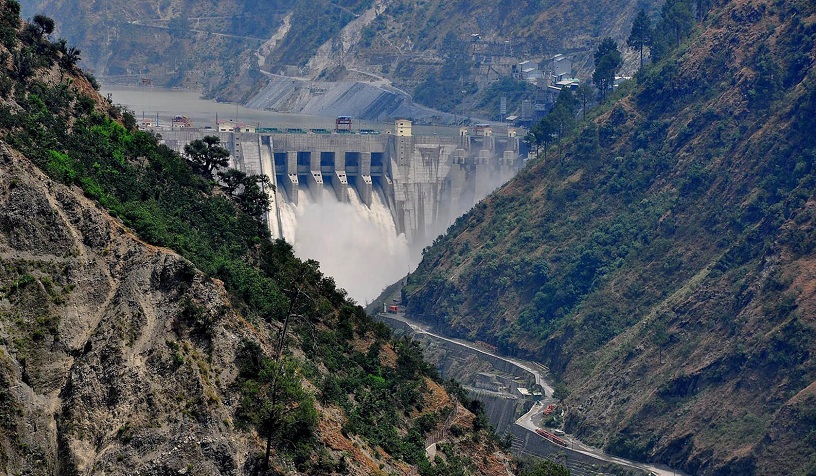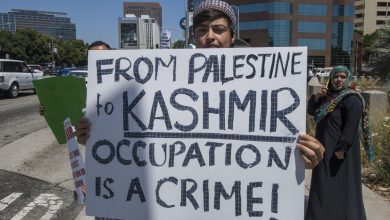
A report released by Kashmir Media Service on World Rivers Day, observed every year on the fourth Sunday of September, said India is manipulating river courses, particularly during monsoon season, to intentionally release excessive water into Pakistani territories. This has resulted in devastating floods, undermining Pakistan’s agricultural productivity and threatening food security. Observers warn that India’s actions could transform once-fertile land into arid desert, exacerbating socio-economic challenges.
India’s management of floodwaters is perceived as a violation of the Indus Water Treaty (IWT), a pivotal agreement established in 1960 to regulate water-sharing between the two nations. The treaty allocates the use of three rivers to India and three to Pakistan, making it a crucial lifeline for the latter.
Critics argue that India’s actions reflect a troubling trend of deviating from international agreements and established norms.
They said the Indian government is utilizing natural disasters as a tactical tool against Pakistan, thereby diverting attention from pressing domestic issues, including severe human rights violations in Indian illegally occupied Jammu and Kashmir. This strategy not only threatens Pakistan but could also destabilize regional peace, they added.
Experts have raised alarms that Pakistan is on the verge of significant water scarcity, exacerbated by India’s construction of multiple dams on rivers flowing into Pakistan. This scenario raises concerns about the long-term sustainability of water resources in the region.
Critics label India as a violator of international laws and agreements, urging the global community to intervene and hold India accountable for its water management practices. Pakistan’s government has called for increased scrutiny of India’s actions, emphasizing that such unilateral decisions undermine both the IWT and broader international agreements.
As tensions between India and Pakistan escalate, it is imperative for the global community to take notice of the potential weaponization of water resources. The trajectory of India’s actions poses serious threats not only to bilateral relations but also to regional and global stability. There is a pressing need for advocacy around adherence to international norms, especially during natural disasters, to avert further chaos and humanitarian crises in the region.








